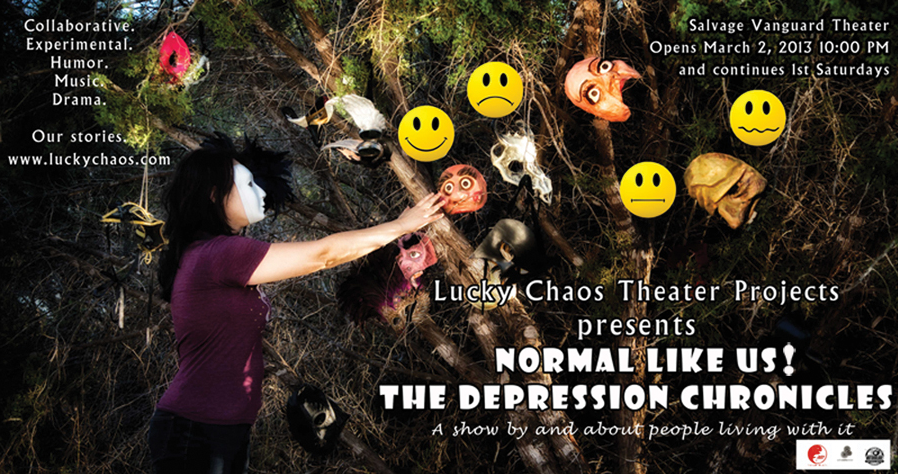I made a Storify about Elon James White‘s excellent explanation of ADD meds: Continue reading
Tag Archives: ADHD
The Sneak
Back in college, my time-management skills were about as terrible as they are today (although I didn’t have the benefit of an ADHD diagnosis back then, whatever that benefit might be.) I would occasionally find myself facing a due date for a paper—for which I had not even started preparing—that was, in the context of the time, “tomorrow.” This necessitated that time-honored college tradition, the “all-nighter.” I couldn’t tell you how many of those I pulled back in the day. (Left entirely to my own devices, I think I’d still be primarily nocturnal, but that’s a story for another day.)
Unlike many college-age kids, though, I was never very good at going without sleep altogether. Upon wrapping up my 5-to-7-page tome comparing and contrasting Henry Kissinger’s The White House Years to William Shawcross’ Sideshow: Kissinger, Nixon & the Destruction of Cambodia at around 4:00 a.m.*, I still felt the compelling need for sleep. I developed a technique I referred to as “the sneak” (mostly because I was too tired to think of a better name for it.) Continue reading
ADD Check-in
The hashtag #ADDcheckin has been active on Twitter since yesterday, when Elon James White started it so people could share their experiences. There’s some great stuff there, but I absolutely have to share this one:
One useful definition of ADD for me is "an inability to accurately conceptualize time." #ADDcheckin
— Brienne of Snarth (@femme_esq) April 2, 2015
I use time-tracking software just so that I’ll know how long I spend on specific tasks. Sometimes it helps me manage my time well, but mostly it just lets me document how long seemingly simple tasks can take me.
To put it another way, as I said to someone just yesterday, “We’ve probably been talking for 10 minutes or so, but if you told me it’s been an hour, I’d believe you.”
Here are a few other resources I’ve picked up today from people tweeting the hashtag: Continue reading
What I’m Reading, February 25, 2015
Depression is a Drug, Matt Coateson, Elephant Journal, February 16, 2015
Depression is like being addicted to the state of drug withdrawal. Any addict who knows that feeling of being incomplete, agitated, guilty and miserable knows what it is to be depressed. They believe they can, and often do, find temporary respite from this feeling by attaining and using their drug of choice—only for it to run out and they have to go through the cycle all over again.
Depression sufferers do not have the respite. They may not have the physical withdrawal and discomforts of the drug addict (although psychosomatic symptoms can be severe for those who make them so), but they also very rarely, if ever, find respite from the mental issues. When I did have a good day, as a depressee (I’ve also decided that that’s also a real thing), I used that as an excuse to make myself feel worse.
What right do I have to have a good day, to feel okay? Here I am, feeling miserable, feeling suicidal, making people worry about me, hating myself and I have the audacity to have a moment where I feel okay. I must be a terrible person, to feel good briefly, when I claim to be depressed. What scum I am, to claim I’m incapacitated by a mental illness and then smile today?
The Deadliest Prescription Drug in America? Christopher Byron, AlterNet, February 9, 2015 Continue reading
Exploring Depression, Bipolar, and More through Theater
“Normal Like Us – The Depression Chronicles” opened last night to a sold-out house at Salvage Vanguard Theater in Austin, Texas. I am very proud to have the opportunity to be a part of this show, and I hope that everyone has the chance to see it or something like it. (The show repeats the first Saturday of each month through August 2013.) Removing the stigma attached the mental health, by which I mean the negative assumptions, the incorrect or false beliefs, and the fear of judgment or ridicule (or the instinct to judge or to ridicule), is a cause to which I am committed.
Our show is both by and about people living with a variety of conditions tagged as “mental illness”: depression, anxiety disorder, attention-deficit disorder, bipolar disorder, Tourette’s syndrome, obsessive-compulsive disorder, and so on.
Note the frequent use of the word “disorder.” It is true that mental illness represents a lack of order, a disruption of order, or a complication or error in the mind’s best-functioning order. It is the responsibility of each person living with mental illness to do what they can to find an order that works for them, and I believe it is the responsibility of everyone else to support them. This support, in its broadest sense, may be adequate funding and resources for mental health treatment, but it is also education about the reality of mental illness. Most people living with mental illness are probably people you know or see every day. We need “support” in the form of understanding, attempts to learn, and the occasional bit of patience. We may never be able to see or live in the world in the same way as someone who is free of these “disorders,” but we already live alongside you.


